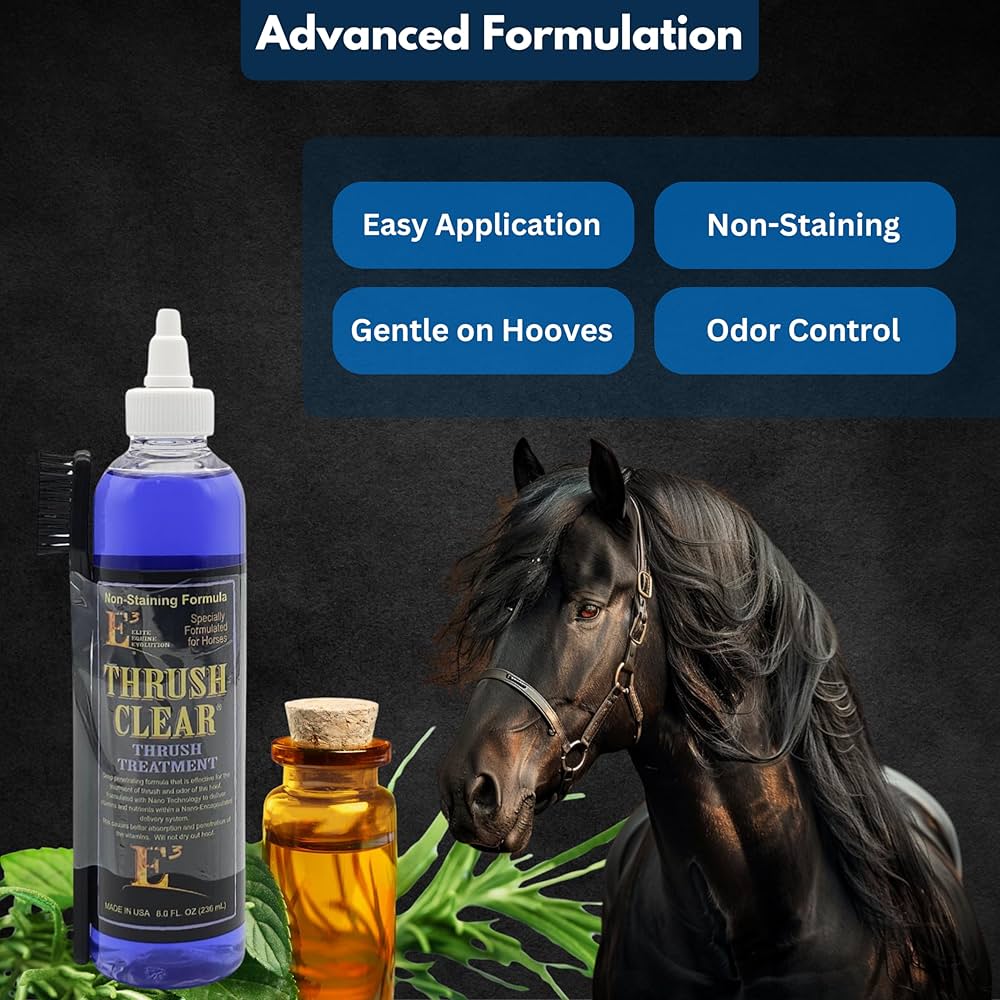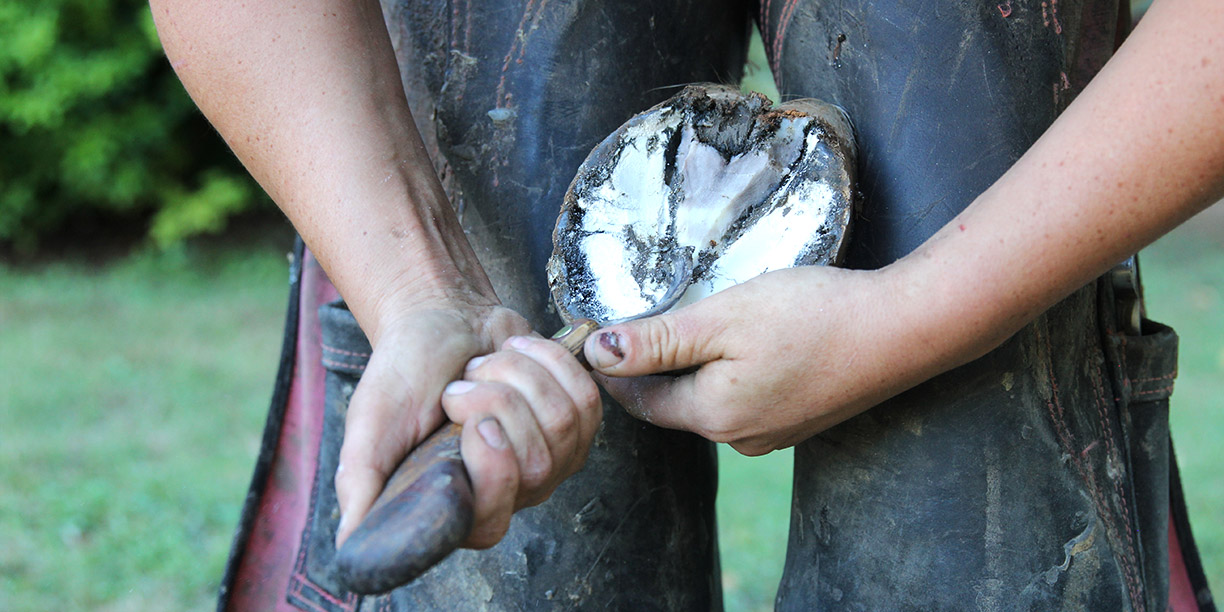Thrush Prevention: Keeping Your Horse’s Hooves Healthy

Thrush is a common and potentially serious hoof condition in horses caused by bacterial infection, primarily affecting the frog of the hoof. Preventing thrush is essential for maintaining your horse’s overall health and mobility. This article explores effective strategies to keep your horse’s hooves healthy and thrush-free.
What is Thrush?
Thrush is a bacterial infection that thrives in moist, dirty environments, leading to a foul-smelling, black discharge in the hoof’s frog area. If left untreated, it can cause pain, lameness, and severe hoof damage.
Causes of Thrush
- Poor Stable Hygiene: Accumulation of manure and urine creates a breeding ground for bacteria.
- Wet or Muddy Conditions: Prolonged exposure to moisture softens the hoof, making it vulnerable.
- Lack of Regular Hoof Care: Infrequent cleaning and trimming allow debris and bacteria to build up.
Signs and Symptoms
| Symptom | Description |
|---|---|
| Foul Odor | Strong, unpleasant smell from hoof |
| Black Discharge | Dark, crumbly material in frog area |
| Sensitivity or Pain | Horse shows discomfort when hoof is touched |
| Lameness | Noticeable limp or reluctance to move |
Prevention Tips
- Maintain Clean Stalls: Regularly remove manure and wet bedding to reduce bacterial growth.
- Daily Hoof Cleaning: Use a hoof pick to remove dirt and debris, especially after turnout.
- Proper Hoof Trimming: Schedule regular visits from a farrier to keep hooves balanced and healthy.
- Dry Environment: Ensure your horse’s living area is well-drained and dry.
- Use Antiseptic Treatments: Apply thrush-specific products as a preventive measure, especially in wet seasons.
Treatment Options
If thrush develops, early intervention is crucial:
- Clean the affected area thoroughly.
- Apply topical antiseptics or thrush treatments.
- Consult a veterinarian or farrier for severe cases.
Frequently Asked Questions (FAQ)
Q1: Can thrush be contagious to other horses?
A1: Thrush itself is not contagious, but poor stable conditions that cause thrush can affect multiple horses.
Q2: How often should I clean my horse’s hooves?
A2: Ideally, hooves should be cleaned daily to prevent debris buildup and detect early signs of thrush.
Q3: Are certain horses more prone to thrush?
A3: Yes, horses kept in wet or muddy environments or those with poor hoof conformation are at higher risk.
Conclusion
Preventing thrush requires consistent hoof care, clean living conditions, and prompt attention to any signs of infection. By following these guidelines, you can help ensure your horse’s hooves remain healthy, comfortable, and free from thrush.
Maintaining hoof health is a vital part of horse care, and understanding thrush prevention empowers you to protect your equine companion effectively.
